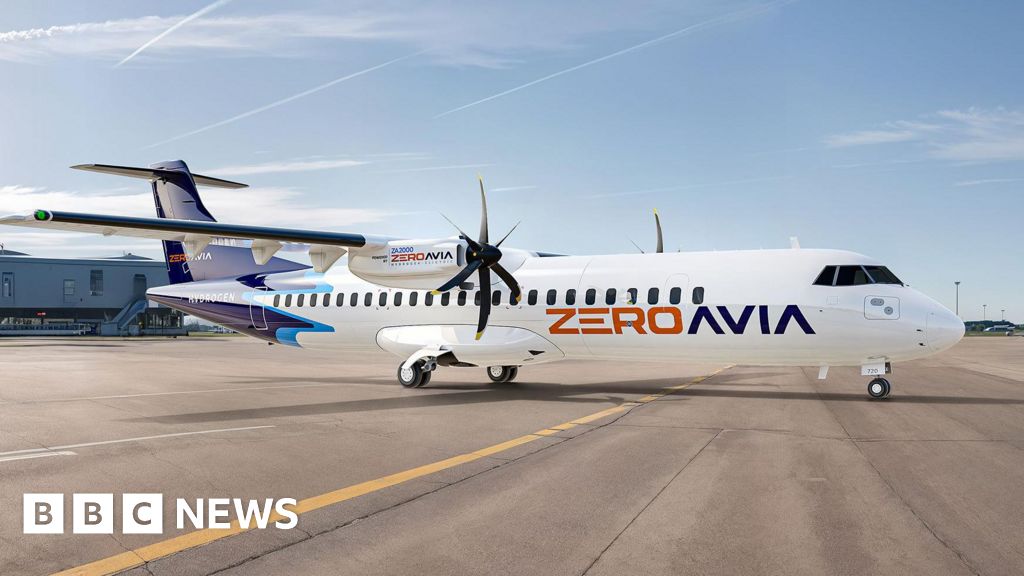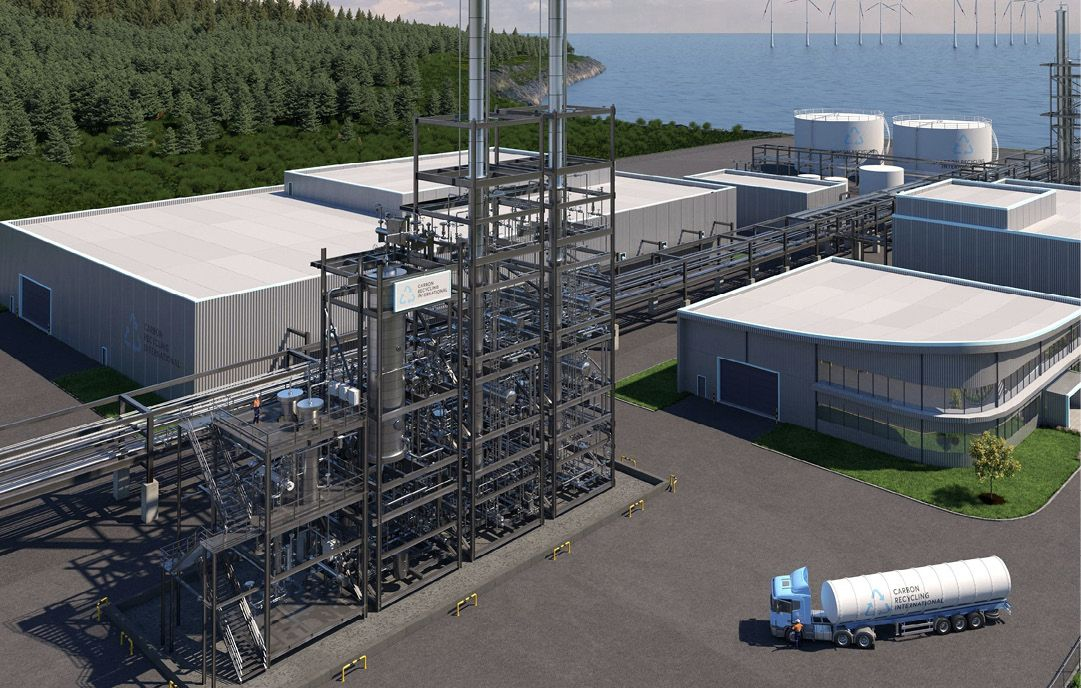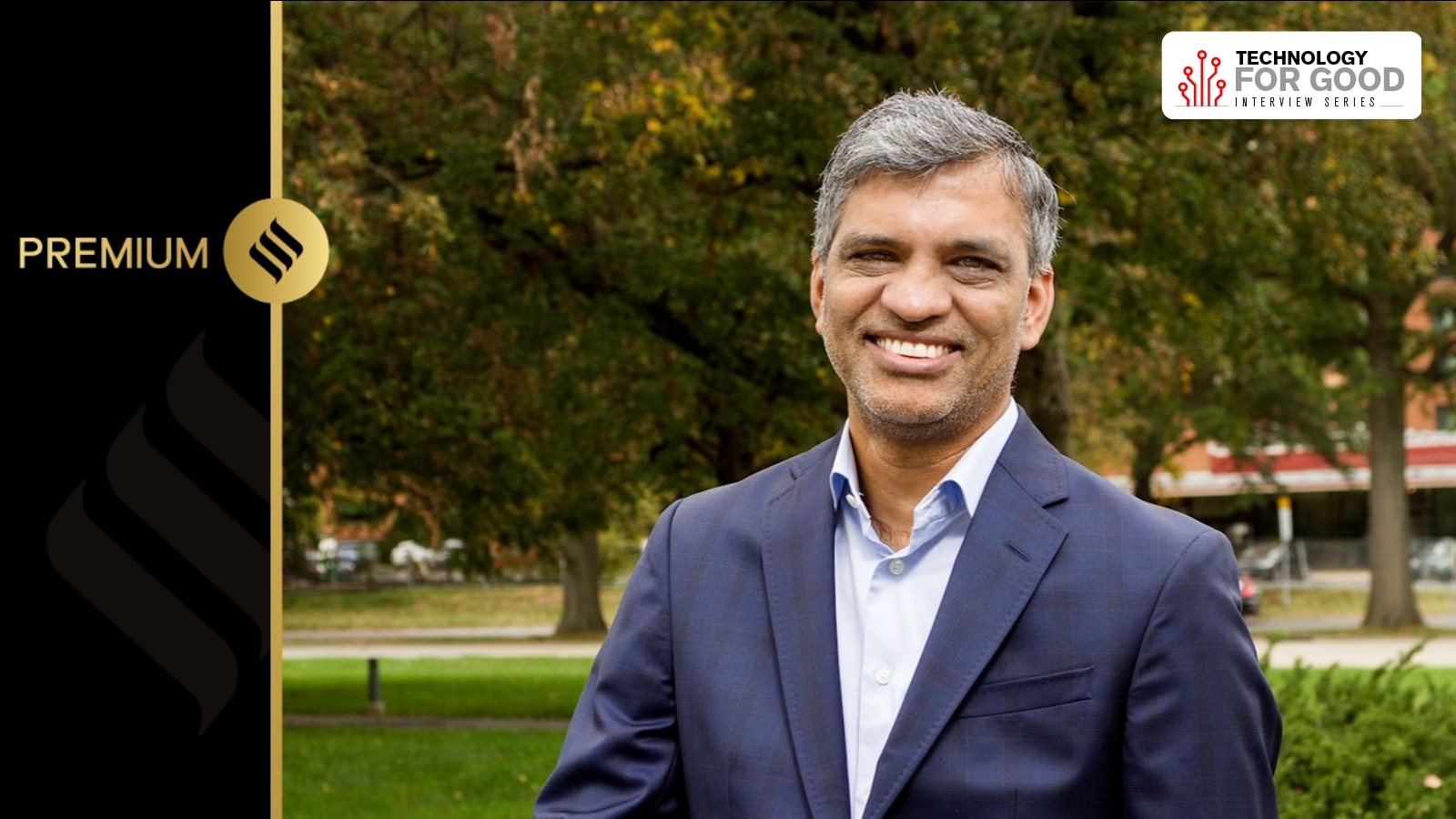Electric Plane Tech Center Planned Near Glasgow Airport

ZeroAvia is advancing technology to power medium-sized planes with hydrogen, marking a significant step towards decarbonizing the aviation sector. A new manufacturing center dedicated to zero-emission aircraft technology is slated for construction near Glasgow Airport, signaling a major investment in sustainable aviation in Scotland.
The facility, expected to be operational by 2028, will focus on developing and manufacturing hydrogen fuel cells for small electric planes, potentially creating around 350 jobs. ZeroAvia, a US-based start-up, has already conducted successful test flights in England using a 19-seater aircraft powered by a hydrogen/electric system. The project has garnered substantial financial support from the UK and Scottish governments, as well as Scotland's National Investment Bank.
The new Hydrogen Centre of Excellence and manufacturing facility will be situated within the Advanced Manufacturing Innovation District near Glasgow Airport in Renfrewshire. The facility will concentrate on the development of hydrogen fuel cells, while the electric motors will be manufactured in the US, and the planes will undergo testing at Cotswold Airport in Gloucestershire. Key political figures, including First Minister John Swinney and Scottish Secretary Ian Murray, attended an event at Glasgow Airport to announce ZeroAvia's plans.
First Minister John Swinney emphasized that ZeroAvia's decision to establish a base in Scotland, creating 350 highly-skilled jobs, underscores Scotland's growing prominence in the global transition to net zero. Scottish Secretary Ian Murray highlighted the UK government's investment, which aims to create and support numerous Scottish jobs, illustrating effective collaboration between the UK and Scottish governments to foster innovation and manufacturing in Scotland.
ZeroAvia has received £32 million of investment from the UK's National Wealth Fund and £18.5 million in research funding since 2019. Scottish Enterprise has also contributed £9 million in grant funding, while the Scottish National Investment Bank has invested £20 million. A first test flight took place at Cotswold Airport two years ago.
The aviation industry accounts for approximately 2-3% of global carbon emissions, making its decarbonization a critical challenge. The limitations of battery weight have led many firms to explore hydrogen fuel cells, which generate electricity onboard with water as the only emission. In 2023, ZeroAvia successfully tested a twin-engined Dornier 228 aircraft, replacing one kerosene-powered motor with a hydrogen electric system.
ZeroAvia has submitted its first full engine for certification for up to 20-seat planes and is developing a larger system for 40-80 seat aircraft. The company anticipates receiving its first regulatory approvals next year and has already received advanced orders for nearly 3,000 power systems and components.
Val Miftakhov, founder and CEO of ZeroAvia, cited Scotland's strong aerospace and engineering skills, as well as its burgeoning hydrogen sector, as key reasons for choosing Scotland for the new facility. He emphasized that the aviation industry is on the verge of a significant transformation with new propulsion systems promising cleaner flights, better economics, and improved experiences. Scotland is poised to play a pivotal role in driving this transformation.
The environmental benefits of hydrogen depend on its production method. Green hydrogen, produced from renewable sources like wind and solar power, is considered environmentally friendly, while grey hydrogen, produced from fossil fuels, can lead to significant greenhouse gas emissions. Scotland aims to become a major hydrogen producer. Glasgow Airport recently hosted a summit focused on becoming a








